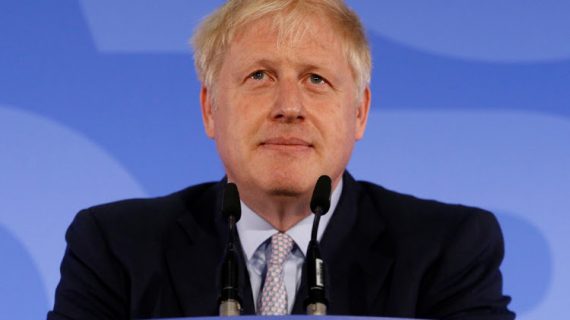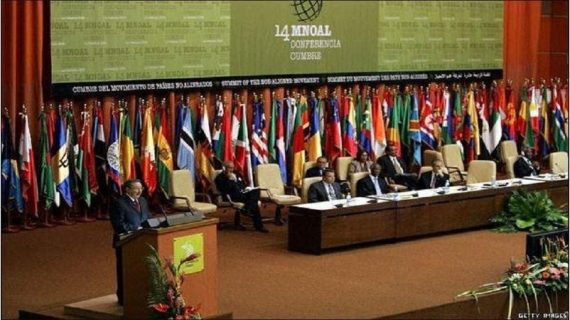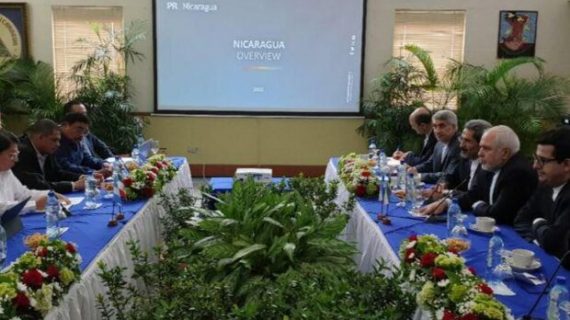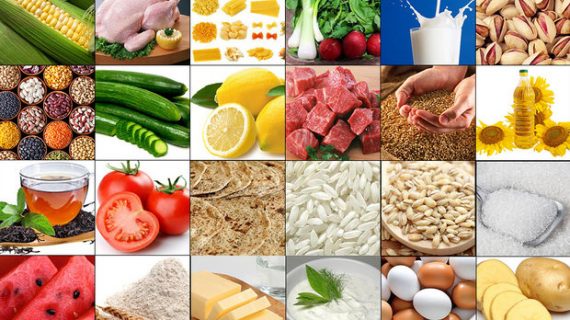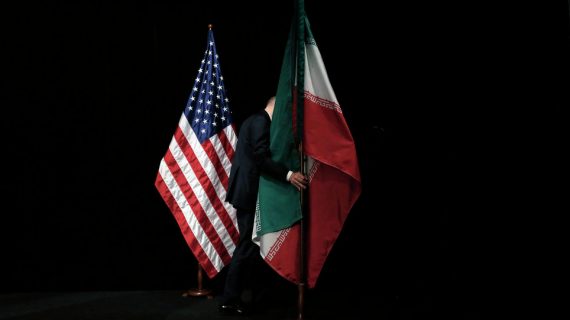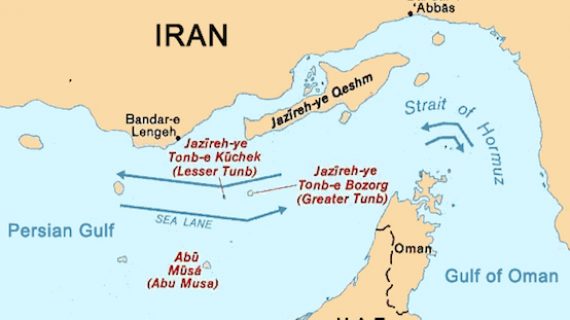‘Multiple and intertwined risks’ cloud outlook for the Middle East and its neighbors, IMF says
‘Multiple and intertwined risks’ cloud outlook for the Middle East and its neighbors, IMF says
- Oil producing countries in the Middle East could benefit from higher crude prices in 2019, but regional uncertainties weigh on growth.
- A new report from the International Monetary Fund encouraged countries in the MENAP region to introduce more reforms that would diversify their economies away from oil.
- Rising oil prices could weaken the resolve of oil exporters to continue reforms.
- Major oil producing countries in the Middle East and its neighbors might benefit from higher crude prices in 2019, according to the latest outlook from International Monetary Fund (IMF), but there are numerous uncertainties in the region.
- The Fund’s latest regional economic outlook for the Middle East, North Africa, Afghanistan, and Pakistan (MENAP) region, published Tuesday, warns that “multiple and intertwined risks cloud the outlook of the MENAP region.”
- “These include a faster-than-anticipated tightening of global financial conditions, escalating trade tensions that could affect global growth and hurt key MENAP trading partners, geopolitical strains, and spillovers from regional conflicts,” the report stated.
- These risks could trigger a deterioration in financial market sentiment and greater financial market volatility, the Fund said, “aggravating the financing challenges for countries with high levels of debt or large refinancing needs.”
- Oil producing countries in the Middle East have traditionally relied on oil exportsas their source of government revenue. Volatility in oil markets amid imbalances in supply and demand have prompted a number of countries, particularly in the Gulf, to look to diversify their economies away from oil and to create more jobs in other sectors of the economy. In its latest summary on the MENAP region’s outlook, it encouraged countries to commit to further reforms.
- “The outlook and the rising risks underscore the need to intensify efforts to raise growth to levels that generate enough jobs for the benefit of all,” the IMF said. “In this context, countries should expand access to finance, strengthen governance, improve education outcomes, and enhance labor market flexibility, particularly in the Gulf Cooperation Council (GCC).”
- To ensure that future fiscal adjustment is as growth-friendly and equitable as possible, the Fund said countries need to both prioritize expenditure on “growth-enhancing and high-quality investment in human capital and physical infrastructure, while sustaining well-targeted social spending.” It also advocated a move to a more progressive tax structure to diversify the governments’ revenue bases.
- Jihad Azour, director of the Middle East and Central Asia at the IMF, told CNBC on Tuesday that the MENAP report comes amid an uncertain global growth outlook.
- “Global conditions are changing in terms of the risk metrics,” Azour told CNBC’s Dan Murphy. “Although we’re still enjoying a high level of growth, that growth is plateauing,” he added.
· Oil prices
- Despite the warnings from the IMF, growth prospects for both oil exporters and oil importers in the MENAP region appear resilient, albeit dented slightly by the recent re-imposition of U.S. sanctions on major oil producer Iran.
- “Overall, despite a significantly weaker outlook for Iran given the re-imposition of sanctions, oil-exporting countries are projected to grow at 1.4 percent in 2018 and 2 percent in 2019,” the Fund said.
- Meanwhile, among GCC countries — namely, Saudi Arabia, Kuwait, the United Arab Emirates, Qatar, Bahrain, and Oman — growth is expected to recover to 2.4 percent in 2018 and 3 percent in 2019. “This is underpinned by a recovery in non-oil activity, supported by a slower pace of fiscal consolidation, and stronger oil production,” the Fund said.
- Problematically, if oil prices continued to increase, as predicted by the Fund, that could weaken the resolve of oil exporters to continue reforms, while exacerbating pressures on oil importers.
- That said, oil-importing countries in the MENAP region (which include Egypt, Lebanon, Morocco, Pakistan, Syria and Tunisia, among others) are expected to continue at a modest pace of 4.5 percent in 2018, before dropping back to 4 percent in 2019.
- “However, growth is uneven, with about three-quarters of oil-importing countries expected to grow at less than 5 percent over the medium term, too low to address the region’s employment challenges and developmental needs,” the IMF said. “Higher oil prices are also offsetting some of the underlying improvements in external and fiscal balances.”

